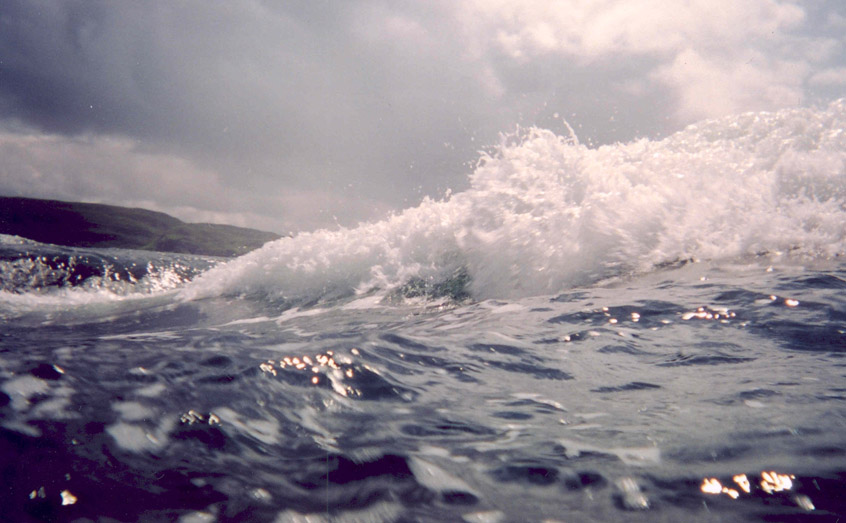SAMS news room
PhD numbers on the rise at SAMS

SAMS will further increase the current record number of PhD students already at the Dunstaffnage institute following the announcement of two successful doctoral training partnership (DTP) applications.
As part of two successful collaborative applications to a £100m Natural Environment Research Council (NERC) funded programme, SAMS is now part of the ‘SUPER’ and ‘E4’ DTPs.
These projects, led by St Andrews University and Edinburgh University respectively, are included in a total of 17 DTPs across the UK and will likely boost the number of PhD places at SAMS, currently numbering around 40.
The PhD studentships will be available over the course of five annual admissions, starting in the 2019/20 academic year. Each DTP will recruit a number of students every year, which will create a cohort of students who will network, train, and tackle challenges together.
SAMS Director Prof Nicholas Owens welcomed the DTP announcements, adding: “PhD students enrich the environment we are in because they are full of new and bright ideas. They are the next generation of lecturers professors and science leaders and they do great research.
“Our PhD students learn a lot while they are here but they help us through their research and their contribution to undergraduate study. They are excellent role models for our younger students.”
DTPs will train the scientists of tomorrow by providing the scientific, professional and technical skills that increase the UK's scientific capability to solve economic problems. Together, DTPs will train the highly skilled workforce that the UK needs for its future as a leader in cutting edge research, innovation and sustainable economic growth.
The SUPER (Scottish Universities Partnership for Environmental Research) consortium has been designed to take a joined-up ‘Catchment to Coast’ approach to understanding our freshwater and marine environments. From headland rivers to lowland regions, estuaries and into the shallow seas, our landscapes are subject to a range of environmental pressures whilst supporting stunning wildlife and providing major economic benefits.
Under the broad themes of environmental dynamics, biodiversity and challenged ecosystems, the topics of climate change, resource management, sustainable exploitation and blue growth, among others, are being investigated. The DTP will bring together an interdisciplinary group of eager and talented young scientists to research aspects of aquaculture, fisheries management, ecosystem health, biodiversity and pollution control, and data management and predictive modelling.
The £5 million award will fund between 60 and 90 PhD students, with the first successful candidates beginning next year.
